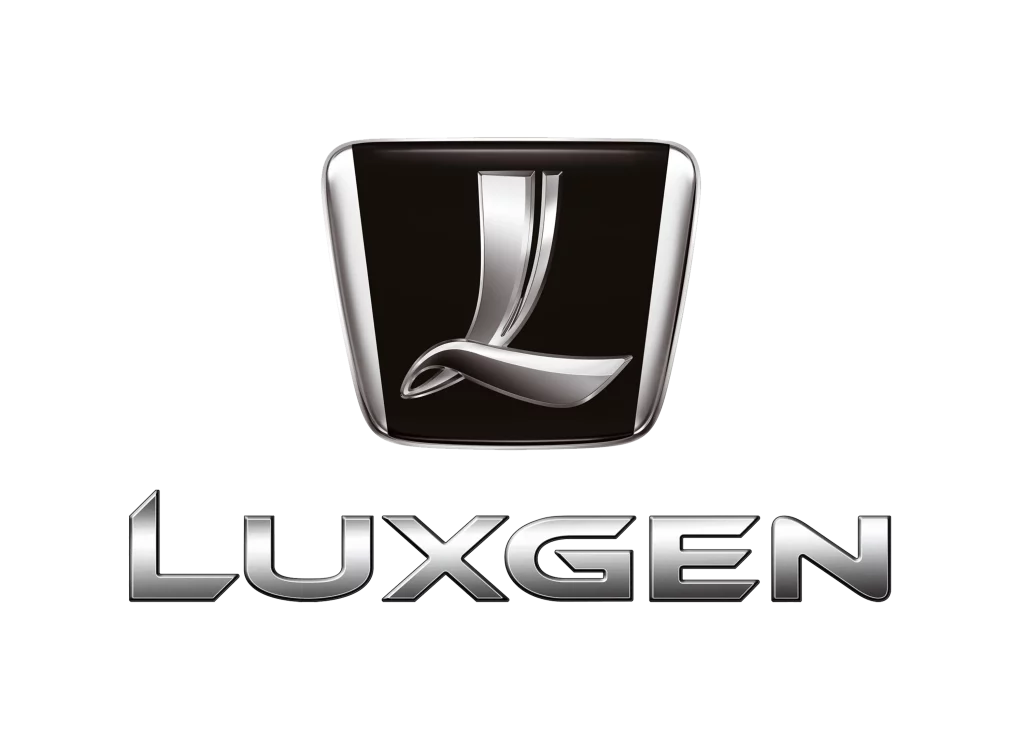Holden logo

Holden’s logo has undergone several changes over the years, but the most recognizable version features the word “Holden” written in a stylized font, with a lion emblem sitting atop the letters. The lion is depicted in profile, with its head facing to the right and its body leaning forward. The lion is surrounded by a circle that is split into two halves, with the top half colored white and the bottom half colored red.
The lion in Holden’s logo has a rich symbolism that reflects the brand’s values and heritage. The lion is often used as a symbol of strength, courage, and power, and it is also a nod to Holden’s Australian roots. The lion is an iconic animal in Australia, and it has been used as a symbol of the country’s unique wildlife and culture for generations.
Holden’s logo has evolved over time, but the lion has remained a constant presence throughout the brand’s history. The lion has been depicted in various ways, including in different positions and with different color schemes. However, the basic design elements of the logo have remained the same, with the lion and the Holden name always featured prominently.
Overall, Holden’s logo is a powerful symbol of the brand’s strength, heritage, and connection to Australia. The lion is a fitting symbol for a brand that has played such an important role in the country’s automotive industry, and it will forever be a part of Holden’s legacy.
Holden Brand Overview
1856
James Alexander Holden, Edward Holden
Port Melbourne, Victoria, Australia
Holden is an Australian automobile manufacturer that has been in operation since 1856. Originally founded as a saddlery manufacturer in South Australia, Holden has since become a major player in the Australian automotive industry. The company is headquartered in Port Melbourne, Victoria and is responsible for GM vehicle operations in Australia.
Holden has a long history of producing a broad range of locally manufactured vehicles, which have been supplemented by imported GM models. The company has also collaborated with other brands to create badge-engineered models, including Chevrolet, Isuzu, Nissan, Opel, Suzuki, Toyota, and Vauxhall Motors.
Despite its long history and strong reputation in Australia, Holden faced significant challenges in recent years, including declining sales and the closure of its manufacturing facilities in 2017. In 2020, General Motors announced that it would retire the Holden brand by the end of the year, ending a 164-year legacy in the Australian automotive industry.
Holden History
Holden is an iconic Australian car brand that has played a significant role in the country’s automotive industry for over a century. The company was founded in 1856 as a saddlery manufacturer in Adelaide, South Australia, and later transitioned into producing automobile bodywork in the 1910s.
In the late 1920s, Holden became a subsidiary of General Motors (GM) and began producing complete vehicles in Australia. The company quickly established a reputation for producing high-quality cars that were well-suited to the unique Australian driving conditions. One of Holden’s most famous models was the FX, which was introduced in 1948 and quickly became a symbol of post-war Australian motoring.
Over the years, Holden continued to expand its range of locally manufactured vehicles, producing models such as the EH, HQ, and Commodore. The company also collaborated with other brands to create badge-engineered models, which were essentially rebranded versions of existing models from GM’s global portfolio.
Despite its success, Holden faced significant challenges in the 21st century. The company struggled to compete with imported vehicles from other countries, and rising costs of production eventually led to the closure of Holden’s manufacturing facilities in Adelaide and Victoria in 2017. The decision to close the plants was a major blow to the Australian automotive industry and resulted in the loss of thousands of jobs.
In 2020, GM announced that it would retire the Holden brand by the end of the year, marking the end of an era for one of Australia’s most beloved car brands. The decision to retire the brand was a difficult one, but ultimately, GM decided that it was no longer economically viable to continue producing vehicles under the Holden name.
Despite the challenges and eventual closure of the brand, Holden remains an important part of Australia’s cultural identity. The brand has a strong legacy of producing high-quality vehicles that were well-suited to the unique Australian driving conditions. The iconic Commodore, in particular, became synonymous with Australian motoring and will forever hold a special place in the hearts of many Australians.
In conclusion, Holden’s history is a testament to the importance of local manufacturing and the role that car brands can play in shaping a country’s cultural identity. While the decision to retire the brand was a difficult one, Holden’s legacy will continue to live on through the millions of cars it produced and the memories of generations of Australians who grew up with Holden as an iconic part of their lives.














